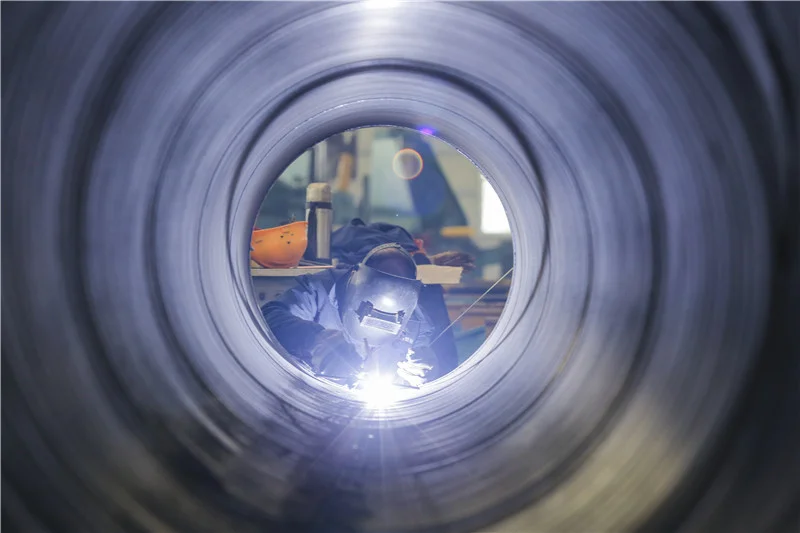Galvanized Drain Pipe
Galvanization is the process of applying a protective zinc coating to steel or iron, in order to prevent rusting. The term is derived from the name of Italian scientist Luigi Galvani.
Galvanized steel was first developed in the early 1800s, but it didn’t become popular until the 1850s and 1860s. It’s manufactured by coating steel with liquid zinc, which provides a barrier against corrosion and extends the useful life of the pipes. Because of its corrosion resistant properties and improved health safety, galvanized pipe was used as a replacement for lead pipes until the 1960s. Today, if a home or business has galvanized steel piping, it’s at the very end of its useful life or past its useful life. Thankfully, you do have some options when it comes to dealing with your old galvanized steel pipes.

Galvanized drain pipe
While Galvanized drain pipes are considered better than lead pipes, they don’t necessarily reduce the risk of lead exposure. Not to mention, when Galvanized drain pipes are used for water supply lines, the reaction between the zinc coating and the minerals in the water forms scale, which can dramatically reduce the expected lifespan.
Galvanized drain pipes are pipes made of steel, and coated with zinc to prevent rusting. This is commonly done by dipping the pipes in a molten zinc bath. These pipes and fittings were commonly installed in homes prior to 1950. Over time, the galvanized steel pipes begin to rust or corrode from the inside out, resulting in reduced water pressure and restricted water flow. This presents an increased risk of leaks or ruptures occurring in the pipes and the potential for flood damage. Corrosion also occurs to steel when it is connected directly to copper or brass.
What is the life expectancy?
Galvanized steel pipes have an average life expectancy of 40 to 50 years. Since these have not been installed since, at the very latest, the 1960’s, these would all have passed their expected lifespan. If your supply lines are made of galvanized steel, there is constant water pressure pushing the water towards the faucets, placing pressure on the corroded pipes. If your waste lines are made of galvanized steel, there is less pressure on them, as the waste liquid is just flowing out of the home, and the lifespan may be a bit longer.






